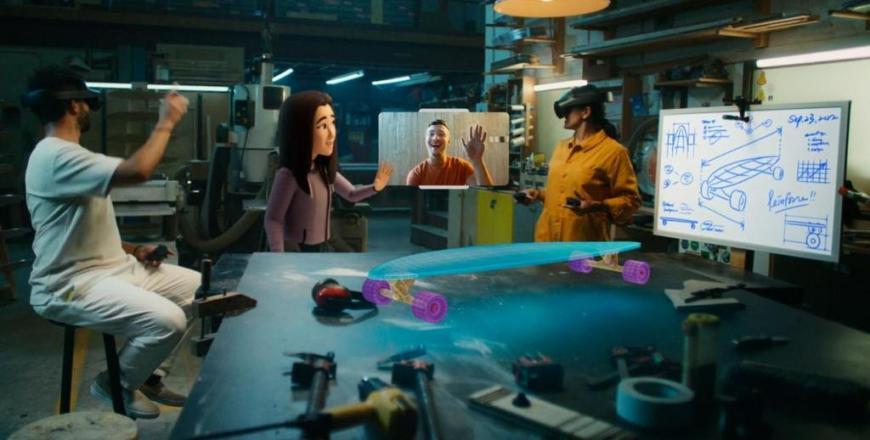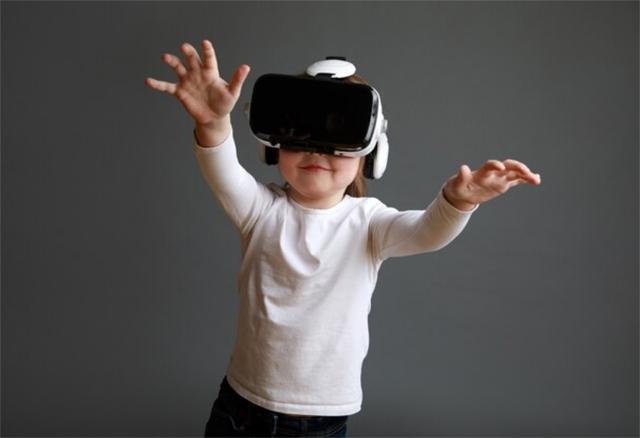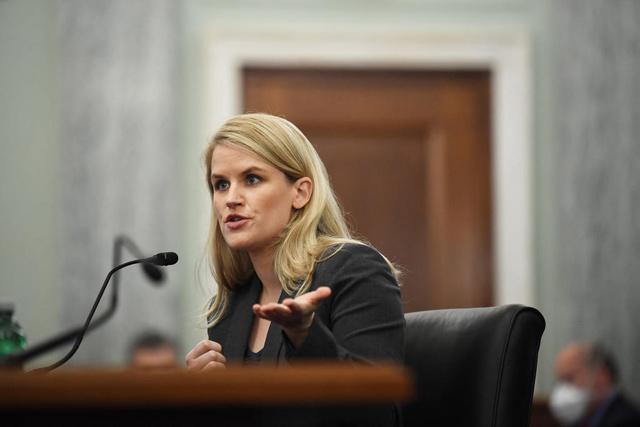You are here
Metaverse could contribute up to $1.7 billion to GDP in Jordan by 2035, says report
By JT - May 11,2023 - Last updated at May 11,2023

Photo courtesy of Meta
AMMAN — Although the metaverse is still in the early stages of development, new reports commissioned by Meta — formerly known as Facebook — and produced by Deloitte suggest that the technology has the potential to benefit areas like education, gaming, wellness and commerce.
The reports focus on opportunities including opening up new markets and business models, creating better ways of working, and transforming training and development, examining the economic potential of the metaverse across the world.
According to “The metaverse and its potential for MENA” report, the region is “on a journey of economic transformation and digitalisation”, with regional businesses and governments “showing an appetite” for new digital and immersive tools.
Saudi Arabia is investing $1 billion in metaverse-related projects. Similarly, Dubai has launched a Metaverse Strategy, aiming to “turn Dubai into one of the world’s top 10 metaverse economies” by focusing on innovation in tourism, real estate, education, retail and government services. Several applications and commercial use cases in the region have already started to emerge, demonstrating how consumers might use the metaverse to attend virtual concerts, purchase virtual assets, or access education, according to a statement from Meta.
Realising this potential in the region will depend on accelerating digital skills development and closing skills gaps across the region, according to the research.
When these plans are fully realised, the benefits to Saudi Arabia’s economy could range from $20.2-$38.1 billion per year in additional GDP by 2035. In the UAE, those benefits could reach $8.8-$16.7 billion per year, in Egypt $11.6-$22 billion per year, in Morocco $2.6-$5billion per year and in Jordan $0.9-$1.7 billion per year by 2035.
“The metaverse will be a constellation of technologies, platforms, and products built by a range of companies, opening up incredible new creative and commercial opportunities in the Middle East and North Africa and around the world. As this research shows, while these technologies may be virtual, their economic impact will be very real. Unlocking this potential is critically important and will only be achieved collaboratively, through effort and cooperation between technology companies, policymakers, civil society and others,” said Fares Akkad, Regional Director, Middle East and Africa at Meta.
“The metaverse and its potential for MENA” is a part of the series of new reports commissioned by Meta and produced by Deloitte that examine potential economic opportunities in the US, Canada, Brazil, the Middle East and North Africa, Sub-Saharan Africa, Turkey and Asia.
Related Articles
NEW YORK — Facebook owner Meta will lay off more than 11,000 of its staff in "the most difficult changes we've made in Meta's history", boss
PARIS — As a young woman straps on her vest and headset and becomes immersed in a virtual world, Mainak Chaudhuri talks excitedly about the
LISBON — Facebook whistleblower Frances Haugen is set to open Lisbon's Web Summit on Monday evening, putting more pressure on the company as


















